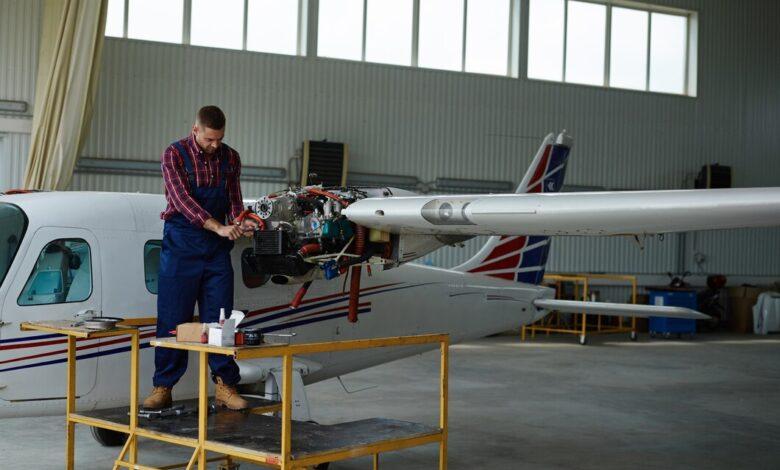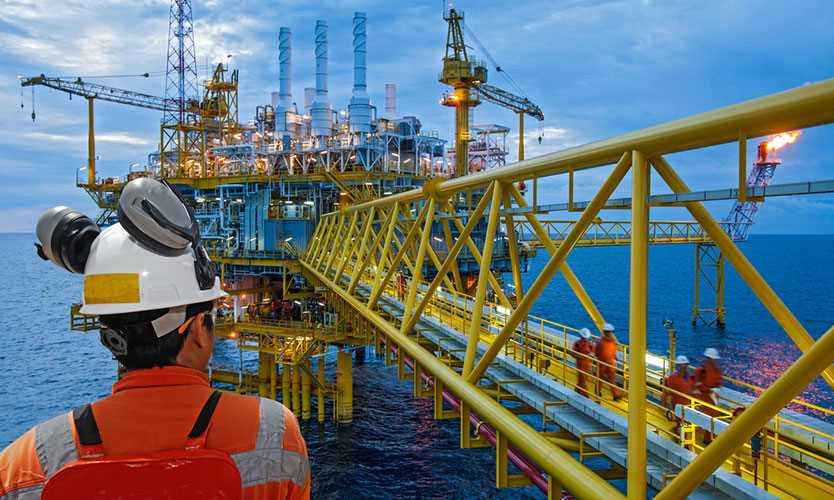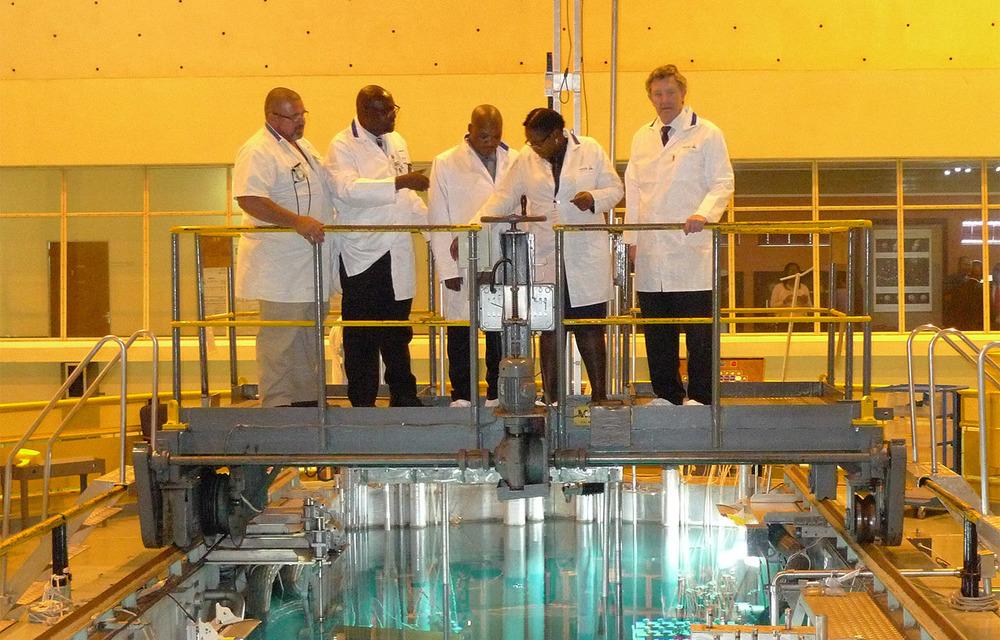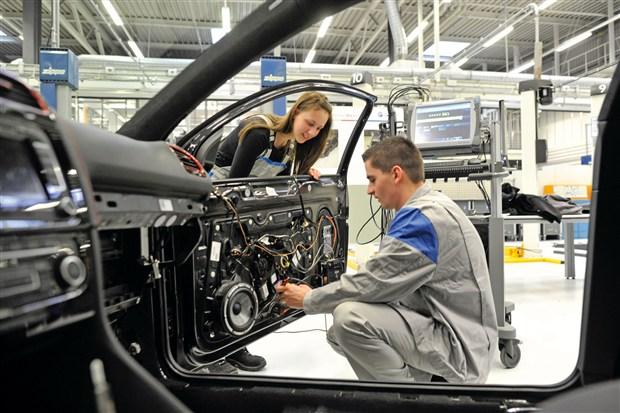Explore Our Bill Payment Services:

- Salary And Allowance
- Engineers Salary
- South Africa
Salary And Allowance Structure Of Aerospace Engineering In South Africa
Aerospace engineering is one of the most prestigious and technically demanding fields in the engineering profession. It focuses on the design, development, testing, and maintenance of aircraft, spacecraft, drones, and satellite systems. In South Africa, this discipline plays a vital role in the country’s defense, aviation, and space programs.
Key institutions such as Denel Aeronautics, a major state-owned aerospace and defense company, and the South African National Space Agency (SANSA) contribute to the industry’s growth and development. These organizations support research, design, and innovation, allowing South African aerospace engineers to work on projects that rival global standards.
While the aerospace sector in South Africa is not as large as those in countries like the United States, the United Kingdom, or Germany, it remains technologically advanced and provides lucrative career opportunities for skilled professionals. Aerospace engineers in the country are well-compensated, with competitive salaries, allowances, and benefits that reflect the high level of expertise and responsibility required for this career.
National Salary Overview: Aerospace Engineering
Average Salaries
The average aerospace engineer in South Africa earns around R 540,000 per year, which translates to about R 45,000 per month. This figure is well above the national average income and reflects the technical nature of the profession.
At the entry level, aerospace engineers typically start with salaries of around R 365,000 annually, while highly experienced professionals, particularly those in managerial or specialized roles, can earn as much as R 1.4 million annually. On top of base pay, many engineers also receive annual bonuses ranging from as little as R 8,000 to as much as R 500,000, depending on performance, seniority, and company policies.
Experience Breakdown
Salary growth in aerospace engineering is closely tied to years of experience:
-
Entry-level (less than 3 years): about R 400,000 per year.
-
Mid-career (4–9 years): around R 500,000 per year.
-
Senior-level (10–20 years): about R 780,000 per year.
-
Veterans (20+ years): typically exceed R 1 million per year.
This progression shows that aerospace engineering rewards longevity and skill mastery, with salaries more than doubling over the course of a career.
Monthly Salary Estimates
Looking more closely at monthly figures:
-
0–2 years of experience: about R 24,400 per month.
-
2–5 years of experience: about R 31,300 per month.
-
5–10 years of experience: about R 43,200 per month.
-
10–15 years of experience: about R 53,500 per month.
-
15–20 years of experience: about R 57,300 per month.
-
20+ years of experience: about R 61,100 per month.
These numbers highlight the significant upward trajectory in earnings as engineers gain experience, build reputations, and assume greater responsibilities.
Gender-Based Salary Disparity
Like many professions, aerospace engineering in South Africa still experiences gender-based salary disparities. On average, male aerospace engineers earn about 8% more than their female counterparts. While the gap is smaller compared to other industries, it reflects the broader global issue of unequal pay. Addressing this imbalance remains a priority for creating a fair and inclusive aerospace sector.
Pay Raises and Bonus Structure
Aerospace engineers in South Africa typically receive salary increases of about 8% annually, which translates to roughly 12% every 18 months. These increases are often tied to performance reviews, company profits, or inflation adjustments.
In terms of bonuses, approximately 56% of aerospace engineers receive annual bonuses, which can range from 3%–6% of their annual salary. The remaining 44% may not receive bonuses, depending on employer policies. This means total earnings can vary significantly from one workplace to another.
Role-Specific Salary Comparison
Not all aerospace engineers earn the same amount. Salaries vary depending on specialization, responsibility, and technical expertise. Below is a comparison of different aerospace-related roles in South Africa:
-
Avionics Engineer: R 600,000 – R 1.3 million per year.
-
Aircraft Maintenance Manager: R 500,000 – R 1.2 million per year.
-
Air Traffic Controller (specialist role): R 500,000 – R 1 million per year.
-
Aerospace Project Manager: R 500,000 – R 1 million per year.
-
Satellite Systems Engineer: R 450,000 – R 900,000 per year.
-
Aerospace Software Engineer: R 400,000 – R 900,000 per year.
-
Aircraft Design Engineer: R 400,000 – R 800,000 per year.
-
Sales Manager (aerospace sector): R 400,000 – R 800,000 per year.
-
Quality Manager: R 350,000 – R 750,000 per year.
Clearly, specialized fields such as avionics and satellite systems offer higher salary ranges, while general roles like quality management fall on the lower end of the spectrum.
Real-World Perceptions and Anecdotes
Insights from engineers themselves reveal the realities of working in South Africa’s aerospace sector. Graduates often expect to earn between R 249,000 and R 300,000 annually, which is considered fair for newcomers. However, once an engineer becomes professionally registered as a PrEng (Professional Engineer), annual salaries can rise dramatically to between R 1.1 million and R 1.2 million.
Engineers also point out the cost-of-living challenges. For example, a monthly salary of R 25,000 is considered comfortable, while R 20,000 may be seen as tight, especially in metropolitan areas where rent and living expenses are high. This highlights how financial expectations need to be balanced with lifestyle choices.
Key Drivers of Aerospace Engineer Salaries
Several factors influence how much aerospace engineers earn in South Africa:
Years of Experience
Experience remains the single most important factor. Engineers with 10–20 years of service earn nearly double those with fewer than 5 years.
Specialization and Role
Certain fields such as avionics, project management, or satellite systems tend to pay more than general aerospace engineering roles.
Education
Education plays a massive role in compensation. Engineers with a bachelor’s degree earn about R 30,400 per month, while those with a master’s degree can earn around R 48,800 per month. That’s nearly a 60% increase tied directly to education level.
Bonuses and Raises
Annual bonuses and salary raises boost total earnings significantly. Engineers in organizations that reward performance can easily see their take-home pay increase year after year.
Gender and Location
The gender pay gap remains around 8%, while location also plays a role. Engineers in major cities like Johannesburg, Pretoria, and Cape Town generally earn more than those in smaller towns, largely due to higher living costs and greater demand for aerospace expertise.
Professional Registration (PrEng)
Professional registration as a PrEng is a major milestone. It not only validates an engineer’s skills and qualifications but also opens doors to managerial and senior technical roles, many of which pay R 1 million or more annually.
Allowance and Benefit Structure
In addition to salaries, aerospace engineers in South Africa enjoy a variety of allowances and benefits. These may include:
-
Performance Bonuses: Between 3%–6% of annual salary, awarded to high performers.
-
Annual Salary Increases: Typically 8% per year, though this varies across companies.
-
Education Premiums: Holding a master’s degree or higher qualification can significantly boost pay.
-
Professional Registration Incentives: Many employers reward registered engineers with additional pay or benefits.
-
Location-Based Adjustments: Engineers working in metropolitan areas may earn more to offset higher living costs.
-
Employer Perks: Common allowances include medical aid, pension contributions, a 13th cheque, travel stipends, and housing assistance in certain roles.
These allowances enhance the overall attractiveness of aerospace engineering as a career.
Salary Structure Summary Table
| Experience Level | Monthly Salary (Estimate) | Annual Salary (Estimate) | Additional Compensation |
|---|---|---|---|
| Entry (0–2 yrs) | R 24,400 – R 31,300 | R 300,000 – R 375,000 | Possible bonus (3–6%) |
| Mid (5–10 yrs) | R 43,200 | R 500,000 – R 700,000 | Higher bonuses, raises |
| Senior (10–20 yrs) | R 53,500 – R 57,300 | Around R 780,000 | Leadership roles, performance perks |
| Veteran (20+ yrs) | R 61,100+ | R 1 million+ | Profit sharing, top-tier pay |
Specialized roles such as avionics engineers or aerospace project managers may earn up to R 1.3 million annually, demonstrating the earning potential of niche expertise.
Final Thoughts and Insights
Aerospace engineering is undeniably one of the most rewarding careers in South Africa. Salaries are competitive from the start, and the growth potential is substantial for those who invest in advanced education, specialized skills, and professional registration.
-
Starting salaries (R 300k–R 400k annually) already place aerospace engineers above the national average.
-
Senior engineers and specialists can earn well into the seven-figure range.
-
Master’s degrees and PrEng registration provide significant boosts in income and career progression.
-
Geographic and gender disparities remain challenges but are gradually narrowing as the industry modernizes.
-
Allowances and benefits such as medical aid, bonuses, and retirement contributions provide strong financial security.
Recommendations for Aspiring Aerospace Engineers in South Africa
-
Invest in Education: Consider pursuing a master’s degree to boost your earning potential.
-
Get Registered: Obtain PrEng status, which is associated with higher pay and greater respect in the industry.
-
Specialize Strategically: Focus on high-demand fields like avionics, satellite systems, or project management.
-
Choose Your Location Wisely: Work in major cities to access better-paying opportunities.
-
Negotiate Benefits: Beyond salary, negotiate for allowances such as housing, transport, and performance bonuses.
-
Be Aware of Pay Gaps: Advocate for equal pay and transparency in compensation.
Conclusion
The aerospace engineering profession in South Africa offers a robust salary and allowance structure, with average annual earnings around R 540,000 and potential to exceed R 1 million at senior levels. Monthly salaries range from R 24,000 for entry-level engineers to R 61,000 or more for veterans, while specialized roles can push earnings even higher.
With steady annual raises, attractive benefits, and opportunities for specialization, aerospace engineering is both a financially rewarding and intellectually fulfilling career. For aspiring engineers, the key to success lies in pursuing advanced qualifications, achieving professional registration, and continuously developing specialized skills.
Ultimately, aerospace engineering in South Africa is not just a career—it is a gateway to innovation, financial growth, and national development.









